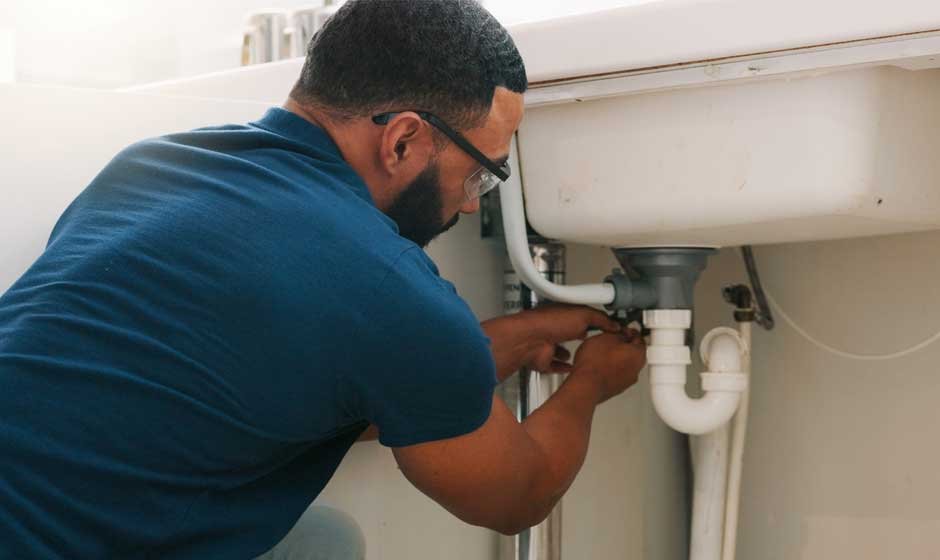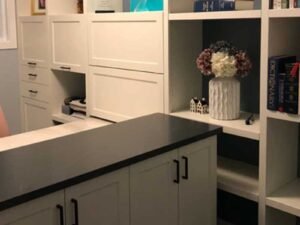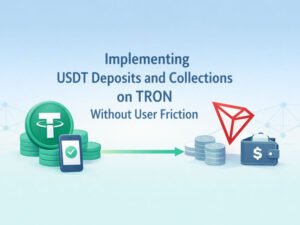Plumbing systems are the silent heroes of your home. They bring clean water in and carry dirty water out—day after day. When they work well, you hardly notice them. But if you ignore regular maintenance, small issues can quickly turn into big, costly problems. Did you know that most plumbing emergencies are caused by neglect? Up to 90% of costly repairs could be prevented with simple routine checks. In this article, you’ll discover why keeping your plumbing in good shape matters and how to do it right.
Why Regular Plumbing Maintenance Matters
Preventing Costly Repairs and Emergency Breakdowns
Taking care of your plumbing before problems happen saves money. Small leaks or clogs can seem minor but often get worse fast if ignored. For example, a tiny leak can turn into a burst pipe, flooding your home and damaging walls or floors. On average, fixing a burst pipe costs hundreds or even thousands of dollars. Regular maintenance keeps these issues at bay, so you won’t face surprise bills or emergencies. Plumbing Brea CA, an expert in plumbing solutions, can help you with maintenance.
Extending Plumbing System Lifespan
Your pipes, fixtures, and appliances are built to last. But without proper care, they wear out faster. Routine checks and cleaning help identify early signs of damage, so you can fix problems before they get worse. Many plumbing parts last twice as long with regular upkeep. Plumbing pros say that taking care of your system could add years to its lifespan and save tons in replacement costs.
Improving Water Efficiency and Reducing Waste
When plumbing isn’t well-maintained, water leaks and clogged drains are common. Leaks waste hundreds of gallons of water each month, raising your bills. Clogged pipes slow water flow and force fixtures to work harder. Simple steps like fixing leaks early and upgrading old fixtures can slash your water bills and conserve resources. Efficient plumbing doesn’t just save money—it’s better for the environment too.
Maintaining Water Quality and Health Safety
Neglected pipes can harbor mold, bacteria, and other contaminants. These germs can cause health issues, especially for children or those with allergies. For example, bacteria like Legionella thrive in unmaintained hot water tanks. Regular flushing and pipe cleaning prevent these hazards, ensuring your water remains safe and clean. Cleaning routines protect your family’s health and keep your water safe to drink.
Key Components of Effective Plumbing Maintenance
Regular Inspection and Leak Detection
A quick visual check can catch leaks early. Look for water spots, mold, or musty smells. If you notice drips or damp patches, call a plumber. Professionals use special tools, like moisture meters and pressure gauges, to find hidden leaks behind walls. Scheduling a professional inspection once a year is a smart move, saving you from future headaches.
Drain and Sewer Line Cleaning
Clogged drains cause slow water flow and bad odors. Regular cleaning prevents backups that could flood your home. Techniques like video inspections pinpoint problems inside pipes. Hydro jetting, a powerful cleaning method, clears stubborn clogs and keeps sewer lines flowing smoothly. It’s much cheaper than dealing with a sewer backup, which can flood your basement or yard.
Fixture and Appliance Checks
Check your faucets, toilets, and water heaters regularly. Look for leaks, corrosion, or strange noises. A dripping faucet wastes water and can lead to bigger problems if left unattended. Experts suggest replacing old fixtures periodically, especially if they’re leaking or inefficient. Newer fixtures also use less water, saving you cash over time.
Pipe Maintenance and Corrosion Prevention
Pipes can corrode over time, especially if made of metal. Corrosion causes leaks and weak spots that may burst. Protect pipes by choosing corrosion-resistant materials or applying protective coatings. During maintenance, consider upgrading to plastic or other durable materials if your system is old. Prevention is better than repair; investing in good pipes now saves headaches later.
Signs Your Plumbing System Needs Immediate Attention
Unusual Noises and Odors
Gurgling sounds from drains or foul smells are signs something’s wrong. These could point to blockages or mold growth. If you notice these issues, call a plumber. Ignoring them can lead to bigger problems down the line.
Slow Drains and Low Water Pressure
If water drains slowly or pressure drops unexpectedly, it signals a clog or buildup. Try using a plunger first, but if it persists, professional help is needed. Regular drain cleaning can prevent these issues and keep water flowing freely.
Visible Leaks and Water Damage
Leaking pipes behind walls or under sinks may not be obvious at first. Watch for water stains, warped floors, or peeling paint. Act fast—delays could cause mold growth or structural damage.
Increased Water Bills
A sudden jump in your bill without changing your habits suggests hidden leaks. Use a moisture meter or check your water meter for mysterious hikes. Early detection saves money and avoids surprises.
Benefits of Professional Plumbing Maintenance vs. DIY
Expertise and Tools
Professional plumbers spot problems that the average homeowner might miss. They use specialized equipment like video cameras for inspecting inside pipes or drain cleaners that homes can’t access. Their knowledge helps catch issues early, preventing costly repairs.
Long-term Cost Savings
Routine maintenance from a licensed plumber drastically cuts the risk of emergency repairs. Investing in regular checkups saves money over time. As one expert says, “A small investment now can prevent big expenses later.”
Safety and Compliance
Licensed plumbers know building codes and safety standards. Doing DIY repairs or ignoring issues can cause more harm or violate laws. Professionals ensure your system is safe and up to code, giving you peace of mind.
Conclusion
Regular plumbing maintenance isn’t just about fixing problems—it’s about preventing them. It saves money, extends the life of your plumbing system, reduces water bills, and keeps your water safe. Make it a habit to schedule routine inspections, watch for warning signs, and partner with trusted plumbing experts. Setting up a maintenance schedule guarantees your plumbing stays in top shape all year long. Protect your home, your health, and your wallet by staying proactive today.










